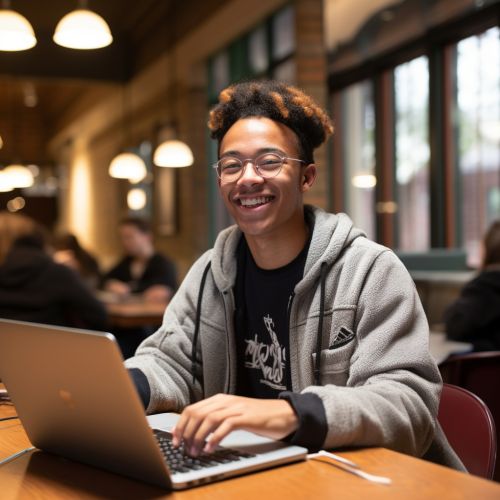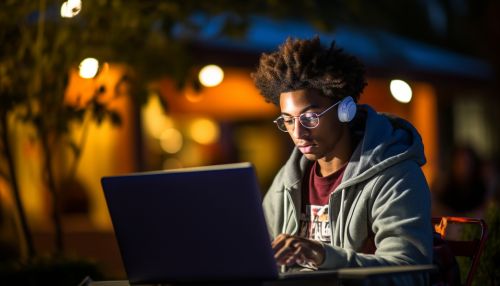Types of Education
Formal Education
Formal education, also known as formal learning, typically takes place in the confines of an educational institution, where a person may learn basic, academic, or trade skills. Small children often attend a nursery or kindergarten but often formal education begins in elementary school and continues with secondary school. Post-secondary education (or higher education) is usually at a college or university which may grant an academic degree.
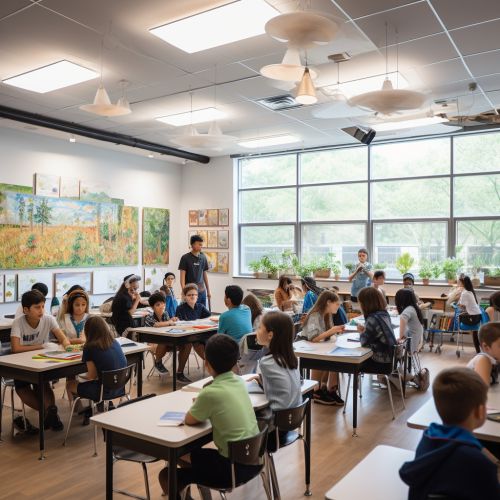
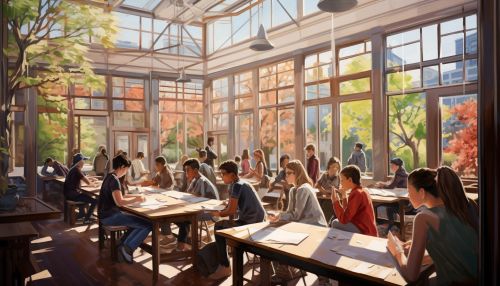
Non-formal Education
Non-formal education includes adult basic education, adult literacy education or school equivalency preparation. In nonformal education, someone (who is not in school) can learn literacy, other basic skills or job skills. Home education, individualized instruction (such as programmed learning), distance learning and computer-assisted instruction are other possibilities. Non-formal education is imparted consciously and deliberately and systematically implemented. It should be organized for a homogeneous group. Non-formal, education should be programmed to serve the needs of the identified group. This will necessitate flexibility in the design of the curriculum and the scheme of evaluation.
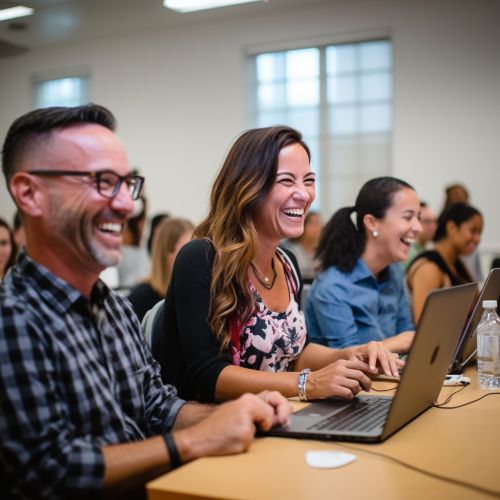
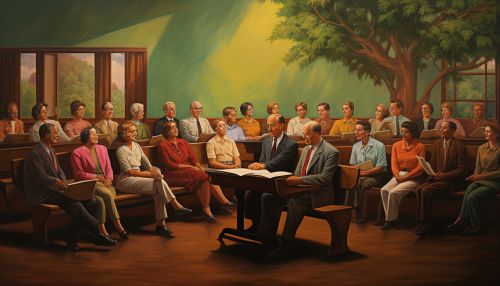
Informal Education
Informal education may be a parent teaching a child how to prepare a meal or ride a bicycle. People can also get an informal education by reading many books from a library or educational websites. Informal education is when you are not studying in a school and do not use any particular learning method. In this type of education, conscious efforts are not involved. It is neither pre-planned nor deliberate. It may be learned at some marketplace, hotel or at home. Unlike formal and non-formal education, informal education is not imparted by an institution such as school or college. Informal education is not given according to any fixed timetable. There is no set curriculum required. Informal education consists of experiences and actually living in the family or community.

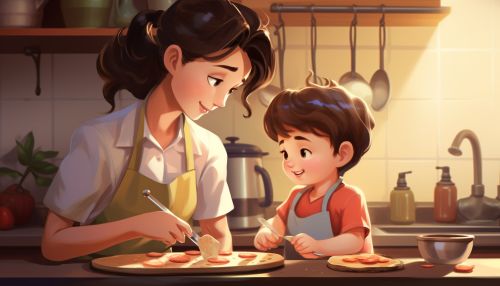
Special Education
Special education refers to the education of students with special needs in a way that addresses the students' individual differences and needs. Ideally, this process involves the individually planned and systematically monitored arrangement of teaching procedures, adapted equipment and materials, and accessible settings. These interventions are designed to help individuals with special needs achieve a higher level of personal self-sufficiency and success in school and in their community which may not be available if the student were only given access to a typical classroom education.
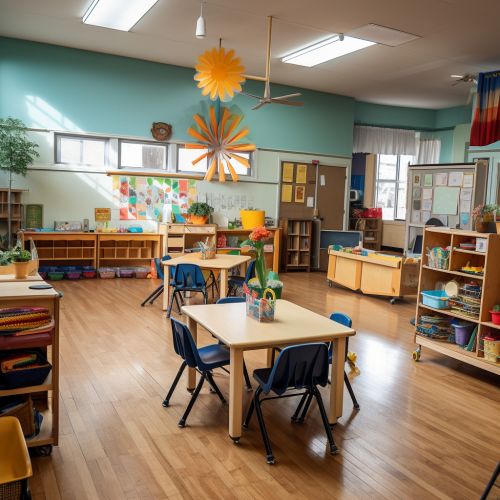
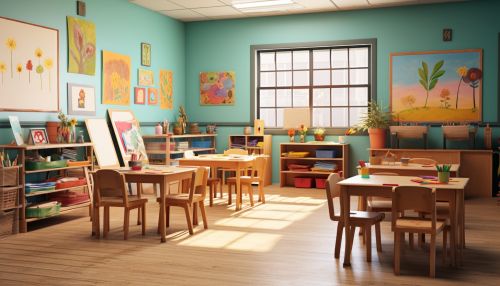
Vocational Education
Vocational education is a form of education focused on direct and practical training for a specific trade or craft. Vocational education may come in the form of an apprenticeship or internship as well as institutions teaching courses such as carpentry, agriculture, engineering, medicine, architecture and the arts.
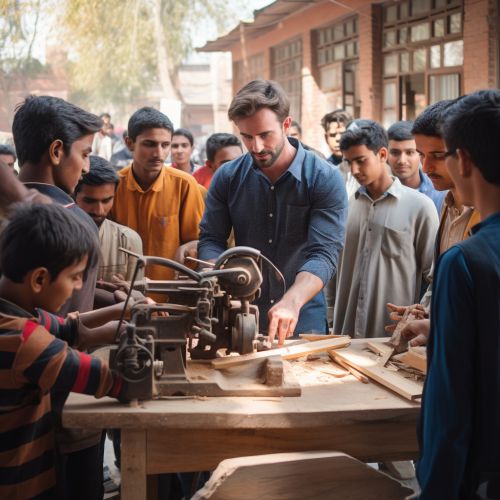
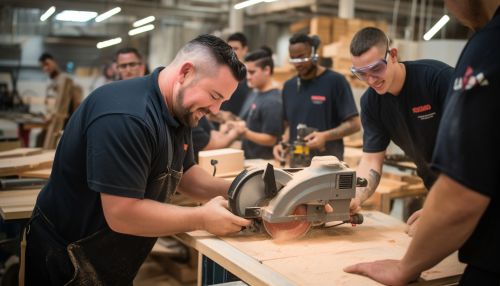
Online Education
Online education is a type of educational instruction that is delivered via the internet to students using their home computers. During the last decade, online degrees and courses have become increasingly popular, the number of distance learning universities has surged and more and more students are enrolling in online programs.
